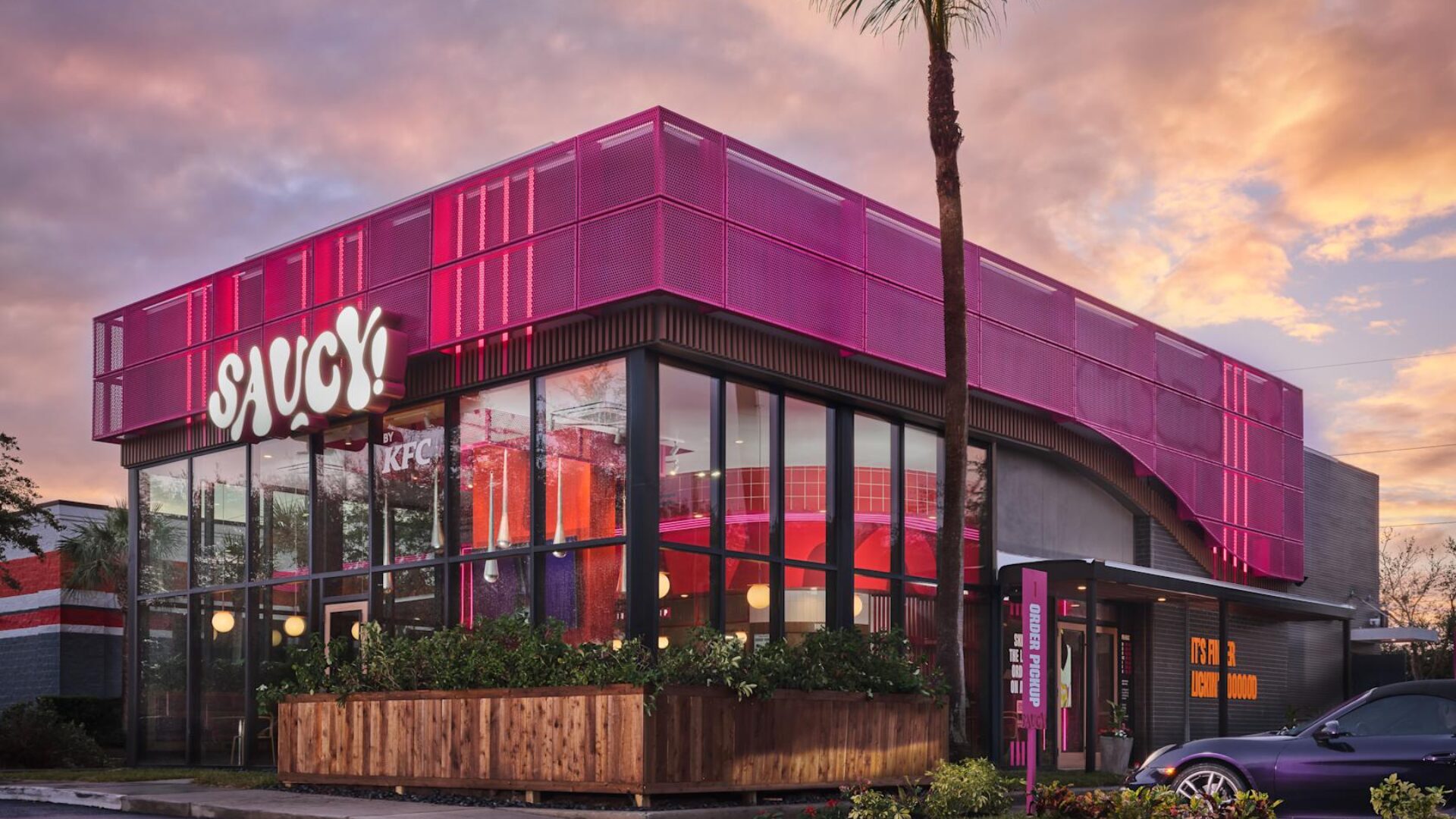As far as chef Alexander Sadowsky is concerned, the plant-based food category still boasts promise. While the segment has seemingly plateaued in recent years, he foresees plant-forward menu items gaining ground in 2025.
“The last couple years … I think three hundred plant-based companies popped up overnight,” said Sadowsky, corporate executive chef with Twin Peaks Restaurants. “It’s definitely still a thing.”
The chef’s role with the Twin Peaks chain requires him to comb through countless industry reports by the likes of Datassential to stay on top of consumption trends. That research leads him to believe America continues to have an appetite for plant-based products – as long as they’re not heavily processed.
“The next evolution is hybridized items; you’ve seen people doing mushroom-blended burgers where it’s fifty percent mushrooms and the vegetables are more noticeable,” the chef said.
According to Statista, the global plant-based food market is expected to reach $77.8 billion in 2025. Multiple industry reports project the global plant-based market to grow at a CAGR of approximately 10% through the end of the decade.
“There’s a huge part of the population that has the health halo and sustainable halo in mind, and they want to eat more vegetables – real vegetables, and plant-forward” menu items, Sadowsky said.
That’s a bold statement for a chef based deep in the heart of Texas (Dallas, specifically) – the top beef-producing state in America. Sadowsky realizes that the menu penetration of meatless products has increased rather slowly in recent years, yet he sees promise in plant-based items like the following:
- Roasted cauliflower
- Crispy Brussels sprouts
- Lentils
- Roasted sweet potato tacos
“There’s a lot more people willing to increase their vegetable intake, help with social issues, and save a little bit of money because beef is going up,” Sadowsky said.
American consumers have also come to embrace international cuisines in recent years, creating another area of opportunity for food businesses that feature plant-based products.
“You’re going to see a lot more people try to make a lot of the great ethnic cuisines of the world more acceptable to everyone,” the executive chef said.
Sadowsky’s job calls upon him to test countless dishes to see if they’re suitable for an American sports bar. And plant-forward items like Canadian lentils often lend themselves to dishes that are not only embraced by diners but are ideal for a restaurant’s bottom line.
Recently, the chef recalled, “We ended up doing a Street Corn Salad that was protein packed and it’s flying off the shelf. And nobody thought that would work for us.
“You really just have to look at the cleaner label as almost the secondary bonus,” Sadowsky said. “People are going to end up moving into the whole, recognizable vegetables because of price and availability.”
The Food Institute Podcast
Is it possible to balance a legacy brand and innovative ideas for a food company? Bibie Wu, chief communications and technical development officer with Del Monte, shares how her company respects its past while looking to the future, and how her dual roles in marketing and product development inform each other and improve the company.












